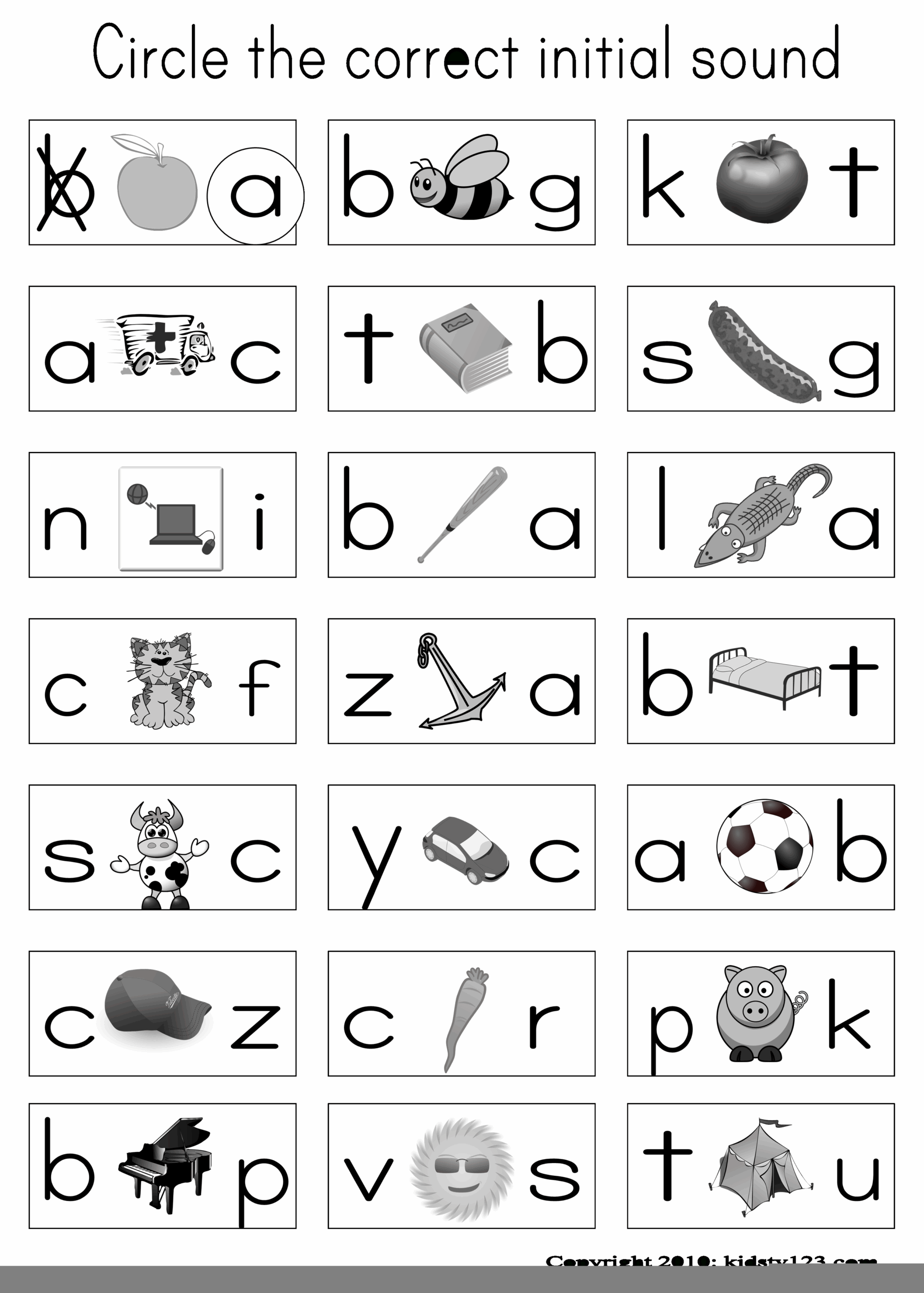Learning phonics can be a fun and engaging experience for children when using printable phonics games. These games not only help improve reading and spelling skills but also make learning enjoyable. Whether you are a teacher looking for resources for your classroom or a parent wanting to supplement your child’s learning at home, printable phonics games are a great option.
One popular printable phonics game is the “Phonics Bingo.” This game is a fun twist on the traditional bingo game, where instead of numbers, players have to match words with specific phonics sounds. It helps children practice recognizing and reading words with different phonetic patterns.
Another great printable phonics game is the “Phonics Memory Match.” In this game, players have to match words with their corresponding pictures that share the same phonics sound. It not only improves reading skills but also enhances memory and cognitive abilities.
For a more interactive experience, the “Phonics Board Game” is a fantastic option. Players have to move through the game board by correctly reading words with specific phonics sounds. It is a great way to make learning phonics more engaging and exciting for children.
Additionally, the “Phonics Puzzles” are a fun and challenging way for children to practice phonics skills. Players have to put together puzzle pieces to form words with specific phonetic patterns. It helps improve spelling, reading, and problem-solving abilities.
Lastly, the “Phonics Word Search” is a classic game that never fails to entertain. Players have to find words with specific phonics sounds hidden in a grid of letters. It is a great way to reinforce phonics skills while having fun.
In conclusion, printable phonics games are a valuable resource for both teachers and parents looking to enhance children’s phonics skills in a fun and interactive way. These games not only help improve reading and spelling abilities but also make learning enjoyable for children. Incorporating printable phonics games into your teaching or learning routine can lead to better outcomes and a deeper understanding of phonics concepts.
